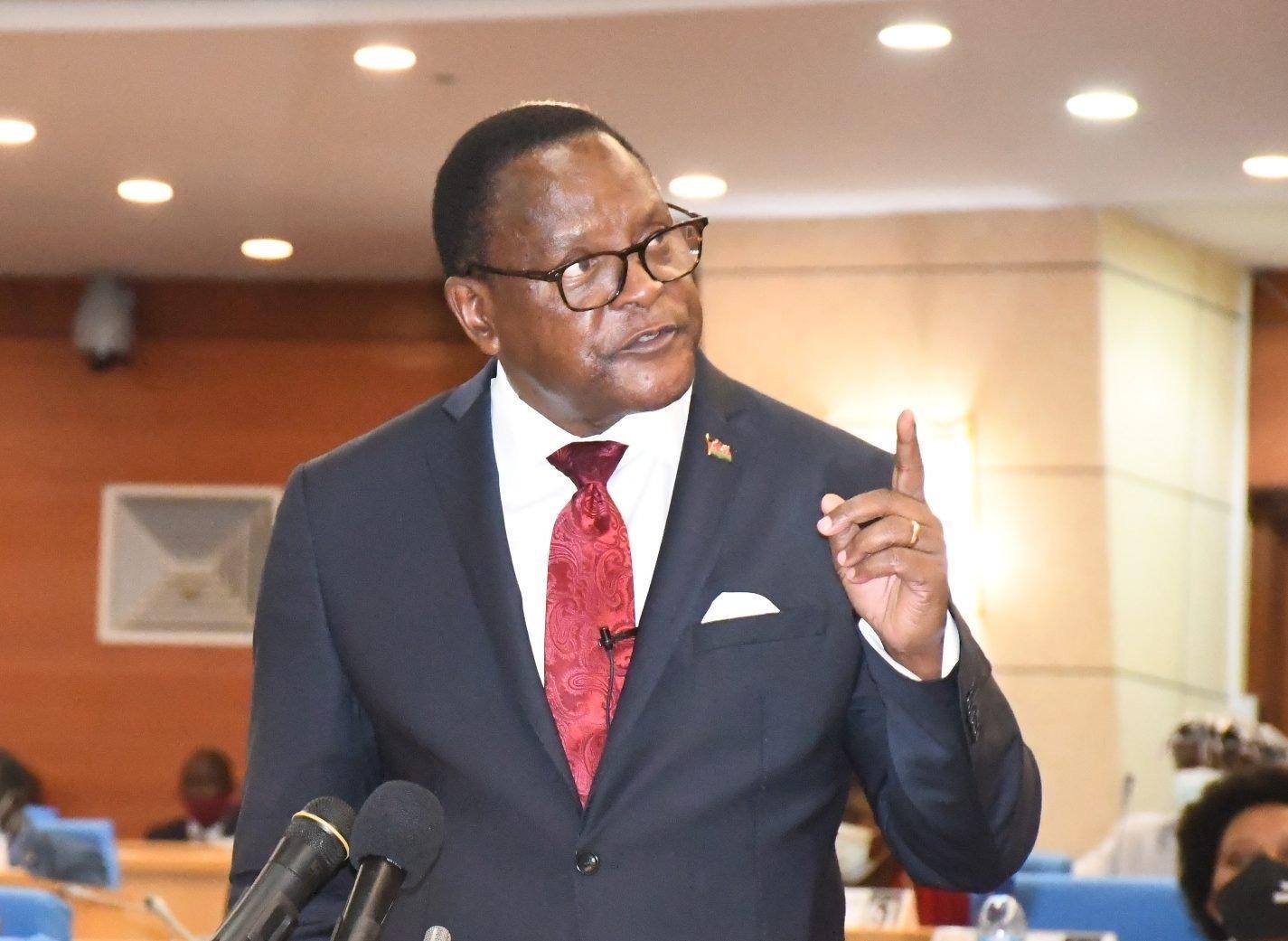
Africa-Press – Malawi. More than three months have passed since President Lazarus Chakwera formally withdrew portions of his State of the Nation Address (Sona) that were flagged as erroneous, yet the disputed sections remain unaltered in the Hansard—the official and permanent record of parliamentary proceedings. This delay is not just procedural; it carries far-reaching consequences for the credibility of governance and the sanctity of parliamentary documentation in Malawi.
President Chakwera, on February 27, 2025, admitted that his Sona—delivered on February 14—contained errors and misleading claims, particularly regarding infrastructure projects purportedly completed under his administration. He requested Parliament to expunge the inaccurate data from the Hansard while retaining the undisputed parts of the speech.
However, as of today, Parliament has yet to implement the President’s request. This inaction poses serious implications. Firstly, it undermines the accuracy of the Hansard as a historical record, risking the institutionalisation of misinformation within official documents. Secondly, it raises concerns about the responsiveness and coordination between the Executive and Parliament, particularly the Office of the President and Cabinet (OPC), which is responsible for providing guidance on the amendment.
Parliament spokesperson Ian Mwenye confirmed that discussions are still underway with the OPC, stating: “We are currently engaging the Office of the President and Cabinet. In this regard, the requested copies of the Hansard will be available once this consultation is completed.” Yet the nature and progress of these consultations remain unclear, with no public communication outlining what is to be removed.
Sources within Parliament, including MPs and a former Speaker, indicate that the responsibility to correct the record lies with the originating office—here, the OPC. One MP, speaking on condition of anonymity, noted: “It is a straightforward issue. If you make a statement that contains errors, you’re obliged to request its removal from the Hansard. The President made the withdrawal, so Parliament has been waiting for clarity on what exactly must go.”
The failure to act has a broader consequence: if no action is taken, the discredited content will remain in the parliamentary records indefinitely, potentially misleading future researchers, legislators, and the public. Another MP emphasized, “It is not the duty of the presiding officer to pursue the correction; the onus is on the President’s office.”
The lack of resolution also raises transparency concerns. Nation Publications Limited’s fact-checking investigations found that some projects cited in the Sona were either incomplete, donor-funded rather than government-led, or entirely non-existent on the ground. By failing to revise the Hansard, these falsehoods are inadvertently being preserved as official truth.
Additionally, the silence from key government institutions only deepens the accountability crisis. Neither the OPC nor Minister of Information and Digitisation Moses Kunkuyu responded to inquiries on the matter as of the time of reporting.
As the days pass without correction, the episode risks setting a dangerous precedent: that even when misinformation is acknowledged at the highest level, there is no urgency to correct the public record. The consequences are clear—diminished trust in government communication, eroded parliamentary integrity, and the potential rewriting of history through inaction.
If Parliament and the OPC fail to act decisively, the contested Sona may stand forever in the Hansard—not as a testament to national progress, but as a cautionary tale of institutional failure to correct its own narrative.
For More News And Analysis About Malawi Follow Africa-Press





